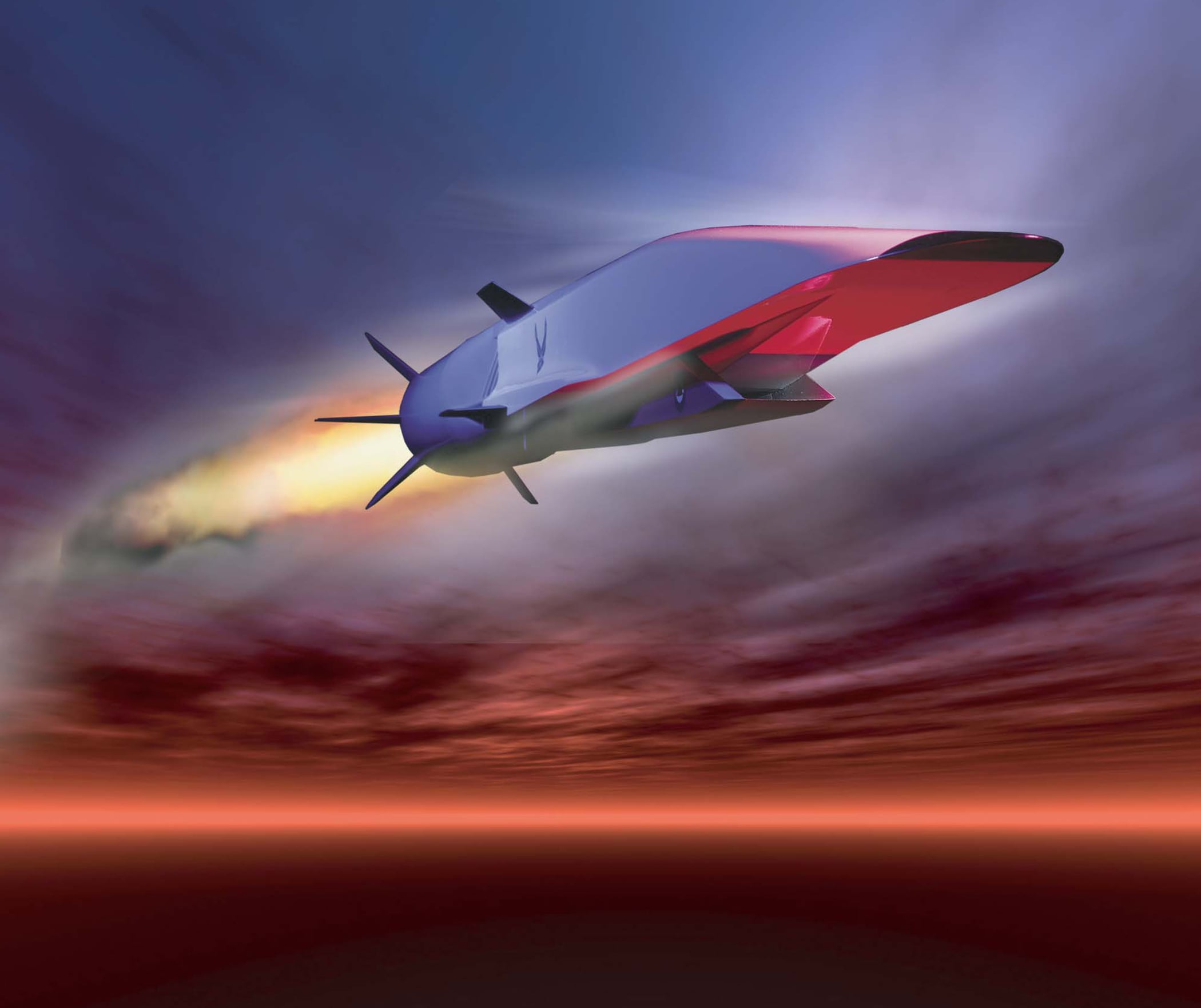WASHINGTON ― The U.S. Air Force has selected Lockheed Martin to design and prototype a new hypersonic cruise missile, as part of a broad Pentagon push to kickstart America’s hypersonic arsenal.
The indefinite-delivery/indefinite-quantity contract for the “design, development, engineering, systems integration, test, logistics planning, and aircraft integration support of all the elements of a hypersonic, conventional, air-launched, stand-off weapon” was announced by the service April 18.
The total value for Lockheed could be as high as $928 million over the course of the program’s unspecified timeline. The program is known formally as the Hypersonic Conventional Strike Weapon.
“This effort is one of two hypersonic weapon prototyping efforts being pursued by the Air Force to accelerate hypersonics research and development,” service spokeswoman Ann Stefanek said in a statement. “The Air Force is using prototyping to explore the art-of-the-possible and to advance these technologies to a capability as quickly as possible.”
RELATED

The other prototyping program referenced by Stefanek is the Air Launched Rapid Response Weapon. In its FY19 budget request, the Air Force asked for $258 million for the two prototyping experiments.
The service is also working on two science and technology hypersonic programs, in conjunction with DARPA. Those are the Tactical Boost Glide program, which expects to have a prototype in the 2022-2023 timeframe, and the Hypersonic Air-breathing Weapon Concept, or HAWC.
Hypersonic flight is defined as anything about Mach 5, meaning five times the speed of sound. Such a weapon, if successfully developed, would be able to skirt past existing air defenses and hold enemy forces at risk from great ranges. Lockheed Martin CEO Marillyn Hewson has previously started a focus on developing the technology.
Stefanek noted the dollar amount represents the “estimated face value” for the project and is not a full commitment from the service. Money will be given out through a series of tasking orders, the first of which will come in the next few weeks.
The announcement comes as Pentagon officials, most vocally Undersecretary of Defense and Research Michael Griffin, have openly called for the need of more investment into hypersonic technology.
“The most significant advance by our adversaries has been the Chinese development of what is now today a pretty mature system for conventional prompt strike at multi thousand kilometer ranges,” Griffin told the House Armed Services Committee during an April 17 hearing. “We will, with today’s defensive systems, not see these things coming.”
“It is time for us to renew our emphasis on and funding of these areas in a coordinated way across the department to develop systems which can be based on land for conventional prompt strike, can be based at sea, and later on can be based on aircraft,” Griffin later said.
Aaron Mehta was deputy editor and senior Pentagon correspondent for Defense News, covering policy, strategy and acquisition at the highest levels of the Defense Department and its international partners.







